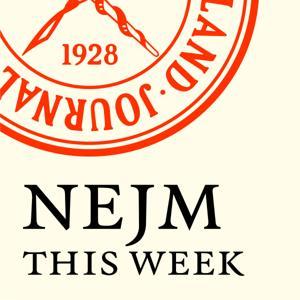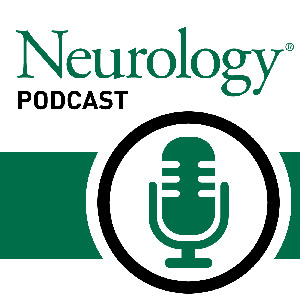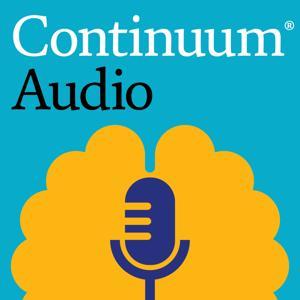Send comments and feedback
A network of more than 60 expert epilepsy teams across Europe: That's EpiCARE. The network aims to improve care for rare and complex epilepsies and reduce inequalities in access to the best diagnostic and treatment practices and investigational tools. Sharp Waves talked to EpiCARE coordinator Dr. Alexis Arzimanoglou about what EpiCARE is, what it isn't, and how it may contribute to changes in epilepsy care across the region and beyond.
For more information:
EpiCARE website
EpiCARE on Instagram (@ern_epicare)
EpiCARE webinars
Patient and caregiver resources
EpiCARE position paper: Areas of research priorities in epilepsy (Epilepsia Open, Jan 2026)
The Declaration on the European Innovation and Care Ecosystem for Rare and Complex Diseases (Dec 2025)
Sharp Waves episodes are meant for informational purposes only, and not as clinical or medical advice.
Let us know how we're doing: [email protected]
The International League Against Epilepsy is the world's preeminent association of health professionals and scientists, working toward a world where no person's life is limited by epilepsy. Visit us on Facebook, Instagram, and LinkedIn.




































